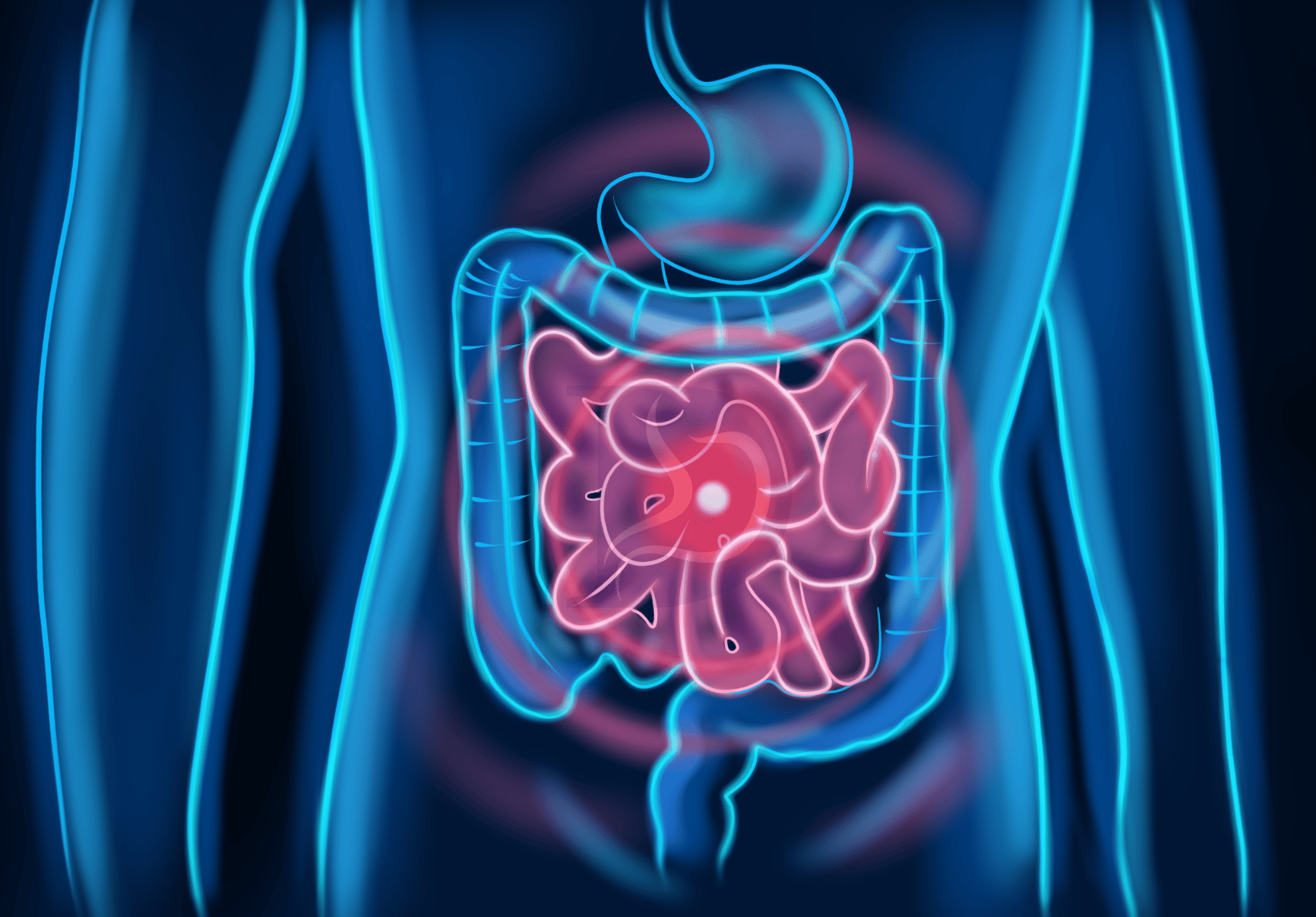Gas is a frequent source of daily embarrassment. It’s so common that most people aren’t sure when gas and bloating become a problem that needs medical attention. The team at Digestive & Liver Health Specialists can help when you have questions about gas and bloating. If it’s time to seek medical care, you can count on them to determine the cause of the problem and provide customized treatment that brings relief from your symptoms.

What should I know about gas and bloating?
Gas is a normal part of digestion that your body deals with by burping or passing gas, called flatulence. But when gas gets trapped, it causes abdominal bloating, distention, and pain.
Bloating is a feeling of pressure in your abdomen, while distention occurs when the size of your abdomen increases.
What causes gas and bloating?
Your gas and bloating may be due to dietary factors or an underlying medical condition.
Dietary Factors
Many people swallow air when they eat or drink, causing excessive gas in their stomach. Extra gas builds up in your large intestine when bacteria ferment fiber and certain types of starches.
Carbonated beverages and several sugar substitutes -- sorbitol, mannitol, and xylitol -- can also lead to gas and bloating.
Health Conditions
Gas and bloating are common generic symptoms accompanying many health conditions, including:
- Ulcerative colitis
- Crohn’s disease
- Diverticulitis
- Gastroparesis
- Ovarian cancer
- Colon cancer
- Irritable bowel syndrome
- Food intolerances
- Malabsorption syndromes
- Small intestinal bacterial overgrowth
While gas and bloating are common and don’t always mean you have a health problem, they can also be the earliest signs of serious health conditions.
What should I know about gas and bloating?
Most people burp or pass gas about 13-21 times every day, so how do you know when to see a doctor? For starters, any time your symptoms are persistent or they’re frequently uncomfortable, you should consider getting medical help.
You should also get medical care when you have any of these symptoms along with your gas or gas pain:
- Bloody stools
- Diarrhea
- Unintentional weight loss
- Change in stool consistency
- Change in bowel movement frequency
- Constipation or diarrhea
- Recurrent nausea or vomiting
You should get immediate medical care if you develop prolonged abdominal pain or chest pain in addition to your gas and bloating.
If you’re unsure when everyday gas and bloating should be evaluated by a health care professional, call Digestive & Liver Health Specialists, and they can quickly assess your symptoms and help guide your decision.
How are gas and bloating treated?
The treatment for your gas and bloating depends on the severity of your symptoms and the underlying cause of your problem.
Considering the many possible causes, the first steps are to review your medical history and symptoms and perform testing to get to the bottom of the problem.
Then the team customizes your care with a plan to relieve your symptoms and treat the source of your gas and bloating.

